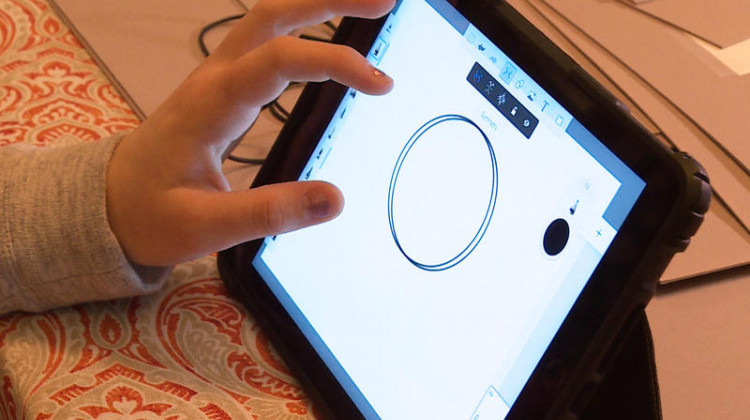
Many schools are using e-learning tools, lesson packets and virtual instruction to keep educating students, but that doesn't always mean kids can use them to learn.
Zach Herndon/WTIU NewsCommunities are figuring out how to educate more than 1 million kids suddenly at home, making accessibility questions even more pressing. The governor announced Wednesday all schools across Indiana are closed to help combat the spread of COVID-19.
Many schools are using e-learning tools, lesson packets and virtual instruction to keep educating students, but that doesn't always mean kids can use them to learn.
Daniel McNulty heads the PATINS Project – a state-funded school resource center focused on special education. He says sudden at home learning is tough for everyone, but especially those who don't have accommodations they usually have at school: like text-to-speech, materials in braille, or – for nonverbal kids – devices to help them communicate.
"We're getting questions like 'my child just received a paper packet with no communication with it, it's not in an accessible format,'" he says.
READ MORE: What Do You Need To Know About Coronavirus? We’ve Got Answers.
Some accommodations, McNulty says, can be provided at home, but others aren't always easy to replicate outside of school. More than 164,000 special education students in the state make up about 15 percent of public school enrollment in Indiana, and McNulty says some schools aren't as prepared as others to adjust lessons for all students.
"It's more work to take materials that were not accessible and to now deal with that and somehow make them accessible than it would have been to either purchase, or curate or create them in an accessible way from the start," he says.
McNulty hopes the sudden heightened awareness of education support for kids spurs lasting changes in education more broadly. Like offering students more independence by showing them how to access accommodation tools like text-to-speech themselves, and creating or curating accessible materials for all students more consistently.
Contact Jeanie at jlindsa@iu.edu or follow her on Twitter at @jeanjeanielindz.
This is a rapidly evolving story, and we are working hard to bring you the most up-to-date information. However, we recommend checking the websites of the Centers for Disease Control and Prevention or the Indiana State Department of Health for the most recent numbers of COVID-19 cases.
 DONATE
DONATE




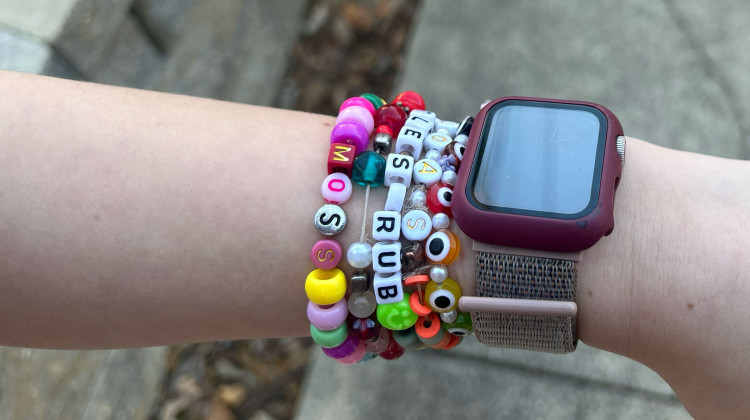
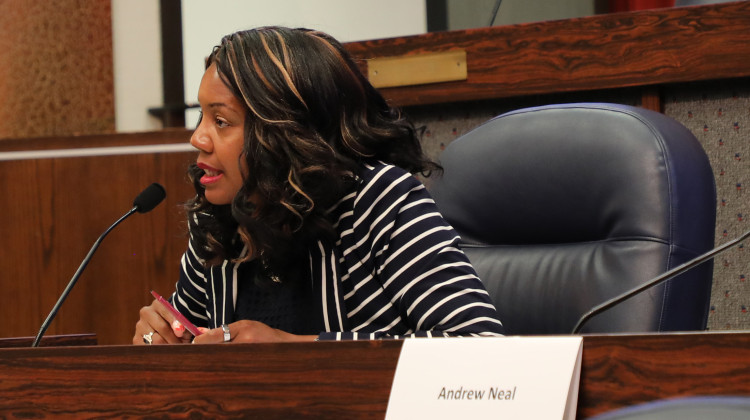
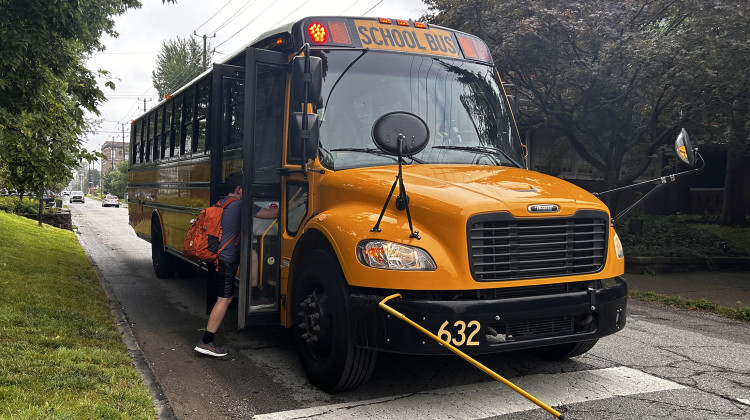
 View More Articles
View More Articles
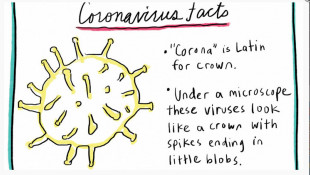


 Support WFYI. We can't do it without you.
Support WFYI. We can't do it without you.